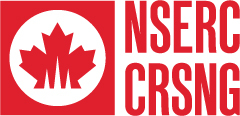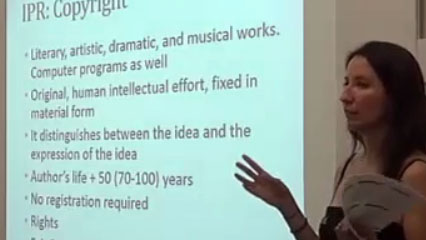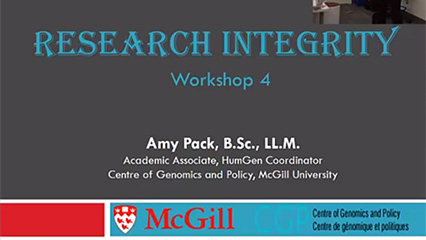
Professional Skills Webinars
In collaboration with SKILLSETS - McGill Teaching and Learning Services, the Research Ethic Series will be available through six (6) webinars format and recommended reading prior to webinar to acquire additional Business Strategy & Professional Skills. Each two-hour workshop explores an important ethical aspect of the research process. These are available from the McGill Youtube Channel - Research Ethics Series playlist.
| Title | Description | Recommended Reading prior to webinar |
|
Informed Consent Facilitator: Erika Kleiderman,LL.B., Academic Associate, Centre of Genomics and Policy, McGill University |
General overview of the principles, policies and laws that govern the crucial ins and outs of the consent process. Webinar: N/A |
Chapter 3 (The Consent Process), art. 3.1-3.12; p. 28-45 Avard, Denise, et al. "Best Practices for Health Research involving Children and Adolescents" (2012). |
|
Privacy and Confidentiality Facilitator: Adrian Thorogood, LL.B./B.C.L. |
Research participants have wide-ranging interests in the protection of privacy, and researchers have corresponding duties to responsibly handle participant’s personal information. This workshop will identify researchers’ legal and ethical obligations concerning the collection, storage, use, and disclosure of personal information, as well as participant recruitment and re-contact. The workshop will also provide researchers with tools and insights for handling privacy concerns in the age of high throughput sequencing and imaging, cloud computing, mobile health, international collaborations, and widespread data sharing. Webinar: N/A |
|
|
Commercialization |
Commercialization, intellectual property, and public-private partnerships within research will be explored during this interactive workshop. An overview will be given of the current situation and context within Quebec and Canada, as well as its potential future direction. Webinar: |
Chapter 9 (Research involving the First Nations, Inuit and Métis Peoples of Canada), art.9.18; p. 133-134 |
|
Research Integrity |
How familiar are you with general research integrity matters? Do you find yourself in situations you wish you could rely on ethical expertise? This interactive workshop will provide you with an overview of the core principles that govern research integrity. It will also outline researcher obligations and responsibilities, as well as the ethical and legal issues that surround them. Webinar: |
Chapter 1 (Ethics Framework), art. 1.1; p. 6-11 |
|
Authorship |
Will you be submitting an article to a journal sometime soon? Was determining authorship a very difficult task for you? Not sure if your colleague who helped you critically revise your article should be given authorship or simply acknowledged? Does contributing the data and analyzing it enough to earn someone a co-authorship? Increasingly, publications involve multiple collaborators taking on varying roles throughout a research project. Such involvement can sometimes lead to improper authorship attribution. This interactive workshop aims at addressing what constitutes proper authorship through a review of existing national guidelines and policies on the matter. Webinar: Coming Soon - March 2017 |
Coming Soon - March 2017 |
|
Data Sharing Policy |
Researchers, funders, universities, governments, all seem to be talking about more data sharing. This interactive workshop aims to clarify current funding requirements for data sharing in research and to explore best data sharing practices in a range of research disciplines. Developments in Open Access publication policy will also be discussed. Webinar: Coming Soon - April 2017 |
|

